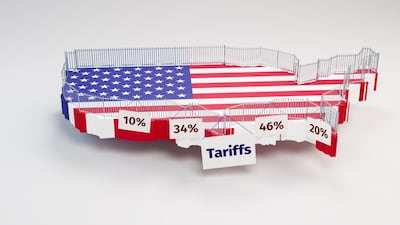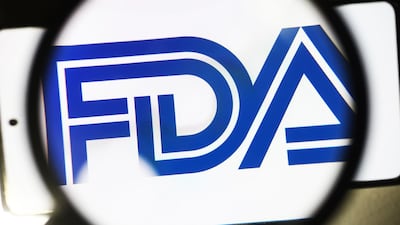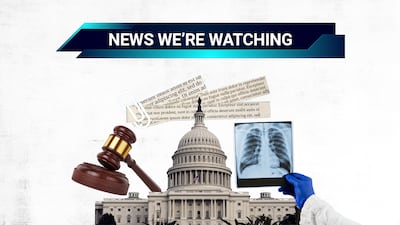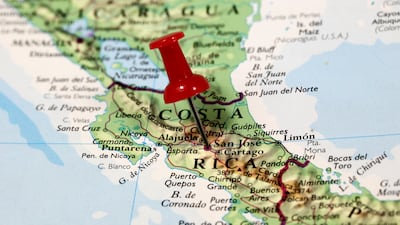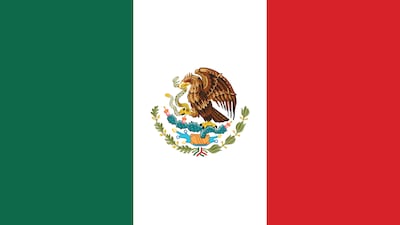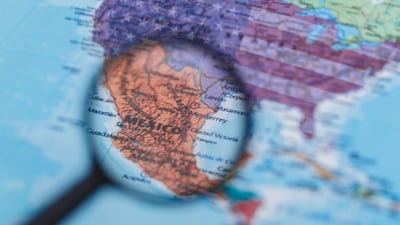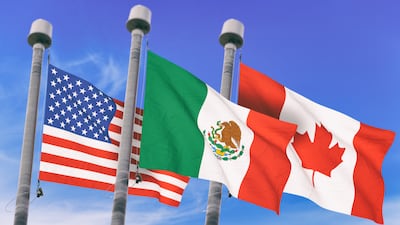Latin America
The US Department of Commerce’s investigation into the national security impact of importing various medical equipment could lead to tariffs on many products. Device industry responds by emphasizing the robustness of domestic production, but also the rigidity of supply and reimbursement agreements.
Brazil is planning to update its National Clinical Research Action Plan to make the country a more competitive location to conduct R&D.
Hopes that last-minute negotiations might exempt Brazil’s $300m medtech exports from the latest round of US tariffs have been dashed, leaving the industry braced for further market instability that countermeasures could trigger.
During MD&M East in Manhattan last week, a panel of experts discussed how the Trump administration’s trade policy is affecting manufacturing and offered some ideas on what manufacturers can do to help mitigate the chaos.
The US FDA recently announced plans to carry out more unannounced inspections of foreign facilities. But those inspections will primarily target drug producers, with less attention and resources allocated to those making devices.
In response to the Trump administration increasing its tariffs on imports from China, Beijing announced a ban on gene sequencers from US biotech firm Illumina, signaling a full-blown trade war could be in the making. Trump also pushed the deadline for implementing tariffs on Canada and Mexico back by another month.
PathAI, a Boston-based AI-pathology startup backed by $355m, partners with Brazil’s largest integrated healthcare network to support diagnosis and treatment of cancer patients using its AISight image management system.
Concerns President Trump’s tariffs could create a full-blown trade war with China jumped dramatically as Beijing responded with its own set of tariffs targeting various US goods. On the medtech front, AdvaMed wants Trump to create a carve-out for Chinese medical devices as he did in his first term.
El Salvador has approved a new law that will establish a new regulatory body responsible for authorizing medicines and setting prices.
This week, Quidel recalled the Triage cardiac panel due to a risk of false results; Teladoc and Lifebit announced new partnerships; and, a court upheld a false advertising verdict against Natera, but struck the financial penalties.
This week, North Carolina health secretary Mandy Cohen was named the new head of the CDC; Congress debated PAHPA reauthorization; Cala Health launched a Parkinson’s Disease wearable; and IHealth.io was fined for consumer privacy violations.
FDA Investigating Disposable Gloves From Hundreds Of Foreign Companies Because Of Reprocessing Fears
The US FDA says it’s “investigating certain imported medical gloves that appear to have been reprocessed, cleaned, or recycled and sold as new.” The 270 firms in question are listed on an import alert that says their gloves are subject to Detention without Physical Examination.
Here’s the complete list of foreign firms that were included on an import alert because gloves they made or sold may have been “reprocessed, cleaned, or recycled and sold as new,” the US FDA says.
The Association for the Advancement of Medical Instrumentation is launching a slate of educational programs for medtech regulatory and quality assurance professionals in the Latin American country.
Mexico’s health care agency is suing Zimmer Biomet for a refund on purchases it made from the company during a long-running bribery scheme. The agency claims the bribery, which was admitted in a 2017 settlement with the US government, nullified its contracts with the device maker.
The new US-Mexico-Canada (USMCA) free-trade agreement aims to make it easier for the three countries to align on inspecting medical device manufacturing facilities by using the Medical Device Single Audit Program (MDSAP). Former US FDA official Kim Trautman explains how Mexico – which currently doesn’t accept the results of MDSAP audits – can come up-to-speed with the program.
The US-Mexico-Canada (USMCA) treaty calls for the three countries to “recognize audits” performed under the Medical Device Single Audit Program. MDSAP is already used by device makers in the US and Canada so they can undergo one audit by an accredited third party to satisfy quality regulations. That leaves Mexico as the odd country out when it comes to using the popular program – and that means it has some catching up to do after the USMCA is ratified by all three nations. Former longtime FDA official Kim Trautman weighs in on how Mexico can incorporate MDSAP into its regulatory framework.
The US Senate overwhelmingly approved a bill on 16 January to implement the US-Mexico-Canada agreement, which includes a new chapter on the handling of medical devices supported by the medtech industry.
Congress was able to approve a permanent medical device tax repeal and pass a “LAB Act” bill favorable to the diagnostic industry in 2019. But what device-related legislation is ahead in 2020? Medtech Insight takes a look at some of the medtech bills and draft legislation likely to affect manufacturers pending in late 2019 that are likely to be reviewed – and perhaps approved – in 2020.
The new US-Mexico-Canada (USMCA) trade agreement includes language on enhancing regulatory compatibility between the three countries by recognizing quality systems audits performed under the Medical Device Single Audit Program (MDSAP). It also stipulates that each trading partner “consider its resources and technical capacity” in ensuring the safety, effectiveness and quality of devices – and more. Medtech industry advocacy group AdvaMed is praising the deal, reached by the three countries on 10 December.

